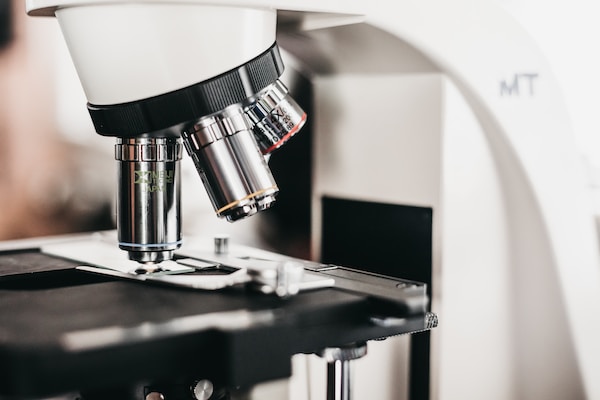Laboratory tests are essential tools in the diagnosis of many conditions. They can provide information about the presence or absence of disease and help rule out other possible causes. There are several different types of laboratory tests, each of which can provide unique information about a person’s health. Keep reading to learn more about how laboratory tests are used in diagnosis.
How can you become a clinical laboratory scientist?

Medical laboratory scientists are vital to the diagnosis and treatment of disease. They perform tests on blood, tissues, and other body fluids to provide information that helps physicians diagnose and treat patients. The medical laboratory scientist conducts these tests and interprets the results. If you are interested in a career in medical laboratory science, the University of Cincinnati’s masters in medical laboratory science online may be the perfect fit for you. The program is designed for working professionals who want to continue their education and advance their careers.
A medical laboratory science degree prepares individuals for a career as a medical laboratory scientist. This program allows you to learn about the unique needs of the laboratory profession and develop the skills you need to lead and manage teams of scientists. You’ll also understand the complex regulations that govern medical laboratories and learn how to navigate the ever-changing landscape of laboratory science. The work of medical laboratory scientists is both challenging and rewarding, and they play a vital role in diagnosing and treating diseases. Their work can positively impact the lives of patients.
How are laboratory tests used in the diagnosis of cancer?
Laboratory tests are an important part of diagnosing cancer. Tests can be used to look for cancer cells in the body or measure the levels of tumor markers, substances released into the blood by some cancers. Measuring tumor markers can help doctors determine if a person has cancer and, if so, what type of cancer it is. Some laboratory tests can also be used to guide treatment decisions.
What is the role of laboratory tests in diagnosing autoimmune diseases?
Laboratory tests are an important part of the diagnosis of autoimmune diseases. They can help to identify which autoimmune disease is present, and they can also help to determine how severe the disease is. Some laboratory tests that may be used to diagnose autoimmune diseases include blood tests, urine tests, and imaging studies.
Blood tests are used to measure the levels of certain proteins or antibodies in the blood. This can help to determine if an autoimmune disease is present. Urine tests may be used to look for signs of inflammation or damage to the kidneys. Imaging studies such as X-rays, CT scans, and MRI scans may be used to look for signs of inflammation or damage in different parts of the body.
How can lab tests be used in diagnosing inherited disorders?

Laboratory testing is a valuable diagnostic tool that can be used to identify individuals with inherited disorders. There are a variety of laboratory tests that can be used to detect these disorders, including genetic tests, biochemical tests, and immunologic tests. Genetic tests are used to identify mutations in specific genes that are associated with inherited disorders. Biochemical tests are used to measure the levels of certain proteins or enzymes in the blood or urine that may be related to an inherited disorder. Immunologic tests are used to detect antibodies or antigens that may be associated with an inherited disease.
Laboratory tests provide a means for physicians to confirm a diagnosis. They can also help to identify the underlying cause of a patient’s illness, leading to more accurate treatment. While laboratory tests are not always necessary for a diagnosis, they can be beneficial in many cases.
